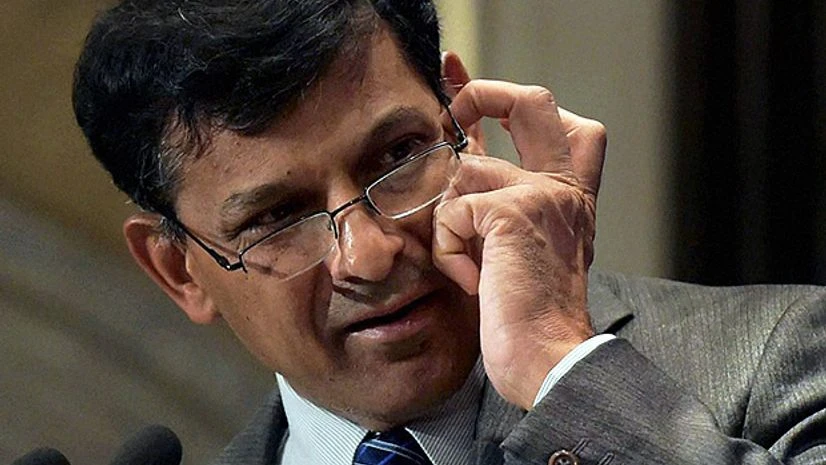Reserve Bank of India (RBI) governor Raghuram Rajan went with the recommendations of the majority of the external members of the monetary policy panel and did not slash the key interest rate early this month.
According to the summary of electronic consultation with the technical advisory committee (TAC) released by RBI on Tuesday, three of the five external members recommended no change in policy rates.
Before contemplating any easing of policy rate, these members wanted to see substantially lower inflation relative to the 2016-17 target of five per cent on a durable basis and assess the effect of the monsoon in the next couple of months.
More From This Section
Meanwhile, in a sweeping change, the government on Monday enforced a law for setting up a broad-based, six-member committee that is likely to decide on interest rates at the next monetary policy in August, with the RBI governor having a casting vote in case of a tie.
The review will be the last monetary policy of Rajan, who completes his three-year term in September.
The summary further said the other two members recommended a policy repo rate reduction of 25 basis points.
According to them, the shortfall of demand in the economy called for some stimulus and the effect of the predicted good monsoon would keep food prices in check. Also, there was a window of opportunity before a possible Fed rate hike in mid-June, they thought. One of these two members was of the view that, given the fragmentation and incompleteness of India's financial markets, the repo rate had proved a much-less effective instrument of monetary policy than in well-developed markets like in the US, the summary said.
The consultation with external members of the TAC was held electronically during May 24-30, in the run-up to the Second Bi-monthly Monetary Policy Review of 2016-17.
On June 7, Rajan kept the key policy rate unchanged, citing higher upside risks to “inflation trajectory” but said the central bank would remain accommodative provided data remained supportive.
All the five external members — Shankar Acharya, Arvind Virmani, Errol D’Souza, Ashima Goyal and Chetan Ghate — sent their feedback through e-mail.
Members noted the global economy recovery was struggling to gain momentum. On the domestic economic growth, the sustained weakness of industrial production continued to be a source of concern, and a drag on overall activity. Low capacity utilisation numbers suggested some sectors of the economy were operating below potential. Most of the members expressed concern on inflation outlook since food inflation rose 100 basis points, headline inflation moved up by 60 basis points, and even excluding food, fuel, petrol and diesel, inflation edged up marginally and remained sticky in April.

)
